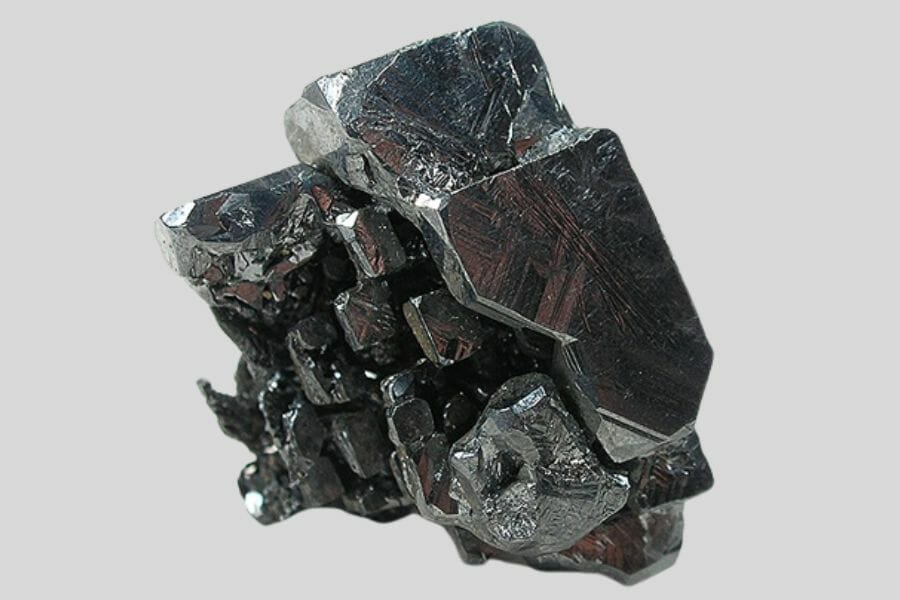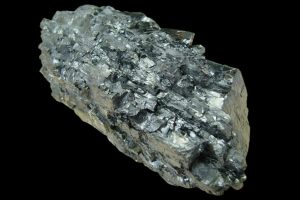Minerals are essential nutrients that our bodies need to function properly. They are found in a variety of foods, including fruits, vegetables, and grains. But how many minerals are common, and what are their functions in the body? In this article, we will explore the world of minerals and their importance to our health.
First, let's define what we mean by common minerals. There are over 4,000 known minerals, but only a small fraction of them are commonly found in the earth's crust and in our food. The most common minerals include calcium, iron, magnesium, potassium, sodium, and zinc. These minerals are essential for a variety of bodily functions, including bone health, muscle function, and nerve transmission.
Calcium is perhaps the most well-known mineral, and for good reason. It is essential for strong bones and teeth, and also plays a role in muscle function and nerve transmission. Dairy products, leafy greens, and fortified foods are all good sources of calcium.
Iron is another important mineral, as it is necessary for the production of hemoglobin, which carries oxygen in the blood. Iron deficiency can lead to anemia, fatigue, and other health problems. Red meat, poultry, and beans are all good sources of iron.
Magnesium is essential for muscle and nerve function, as well as bone health. It also plays a role in regulating blood sugar levels and blood pressure. Leafy greens, nuts, and whole grains are all good sources of magnesium.
Potassium is important for regulating fluid balance in the body, as well as muscle and nerve function. It is found in a variety of fruits and vegetables, including bananas, oranges, and spinach.
Sodium is necessary for maintaining fluid balance in the body, but too much can lead to high blood pressure and other health problems. Processed foods are often high in sodium, so it's important to read labels and choose low-sodium options when possible.
Zinc is important for immune function, wound healing, and cell growth and division. It is found in a variety of foods, including oysters, beef, and fortified cereals.
In addition to these common minerals, there are many others that are important for our health. These include copper, iodine, selenium, and manganese, among others. While they may not be as well-known as the big six, they are still essential for our health and well-being.
In conclusion, while there are over 4,000 known minerals, only a small fraction of them are commonly found in our food and in the earth's crust. The most common minerals include calcium, iron, magnesium, potassium, sodium, and zinc, all of which are essential for our health. It's important to eat a varied diet that includes a variety of foods to ensure that we are getting all of the minerals we need to stay healthy.









+ There are no comments
Add yours